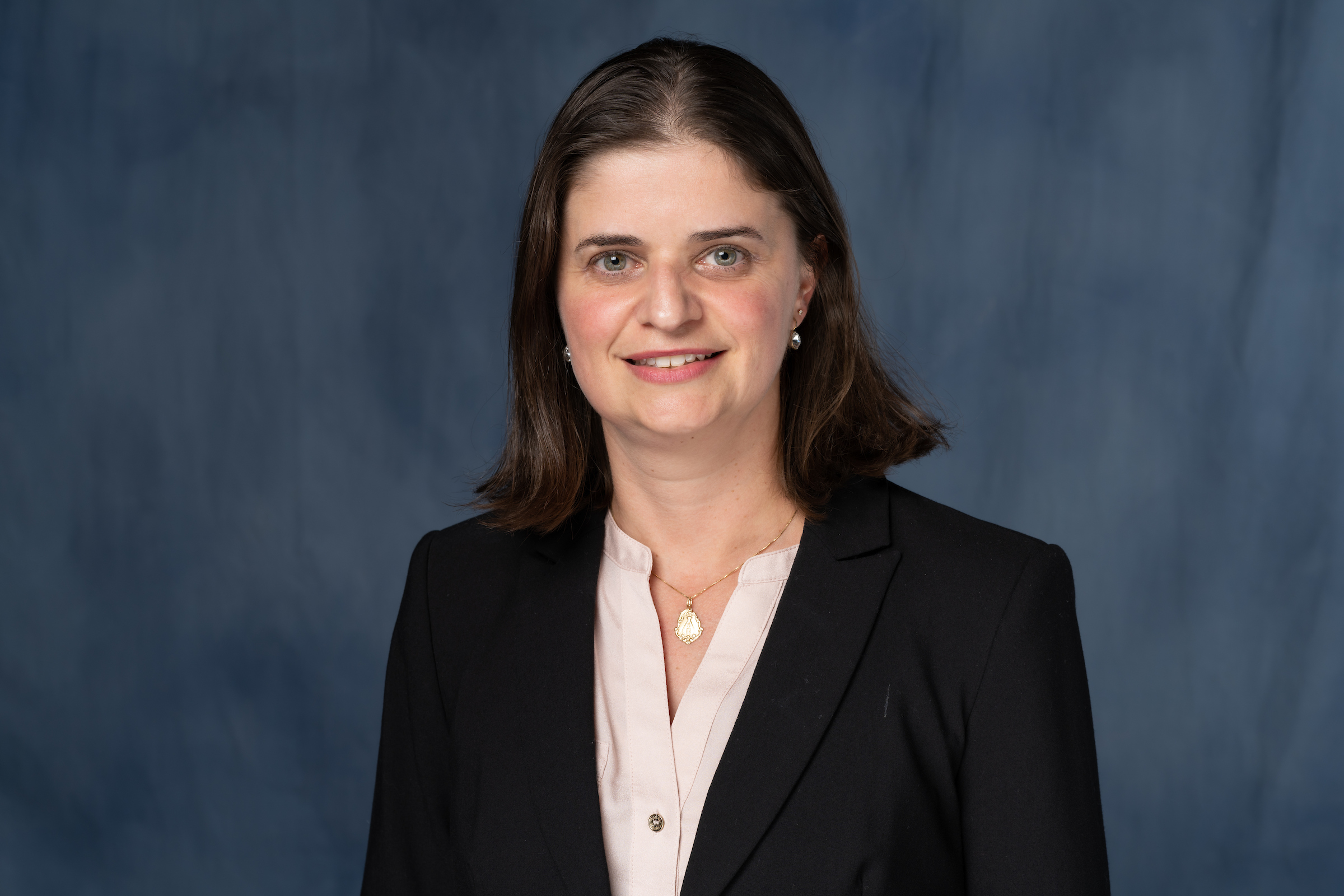Educational Research
(TC36) Implementing a Quick Response Code Guideline to enhance Pulpal and Apical Diagnosis in the Student Dental Clinic at the University of Florida

Indaiá Soares Leibovitch, D.D.S., M.S.
Clinical Assistant Professor
University of Florida
Gainesville, Florida, United States
Presenter(s)
Implementing a Quick Response Code Guideline to enhance Pulpal and Apical Diagnosis in the Student Dental Clinic at the University of Florida
Indaiá Soares Leibovitch, DDS, MS
University of Florida College of Dentistry
Primary methods for pulpal diagnosis, such as cold and electric pulp testing, rely on applying stimuli to elicit a response from the nociceptive fibers within the pulp tissue. However, despite extensive instruction in endodontic courses, students often struggle to apply these techniques consistently in clinical settings. This can lead to diagnostic errors and potentially impact treatment outcomes. To improve pulpal and apical diagnosis in the predoctoral clinic at the University of Florida, we are evaluating the efficacy of using Quick Response (QR) codes to provide students with readily accessible instructions on performing standard endodontic diagnostic tests. Our QR code initiative offers a digital visual tool to bridge the gap between didactic learning and clinical practice. By scanning the QR code with a smartphone, students are directed to a website containing detailed instructions, images, and even videos on performing sensibility testing and interpreting the results. This visual format complements curricular teaching methods and enhances the students' performance and understanding of pulpal and apical diagnosis. We believe this innovative approach has the potential to significantly improve the accuracy and confidence of students in diagnosing pulp conditions, thereby contributing to better endodontic treatment outcomes.

.png)
.png)
.png)
.png)